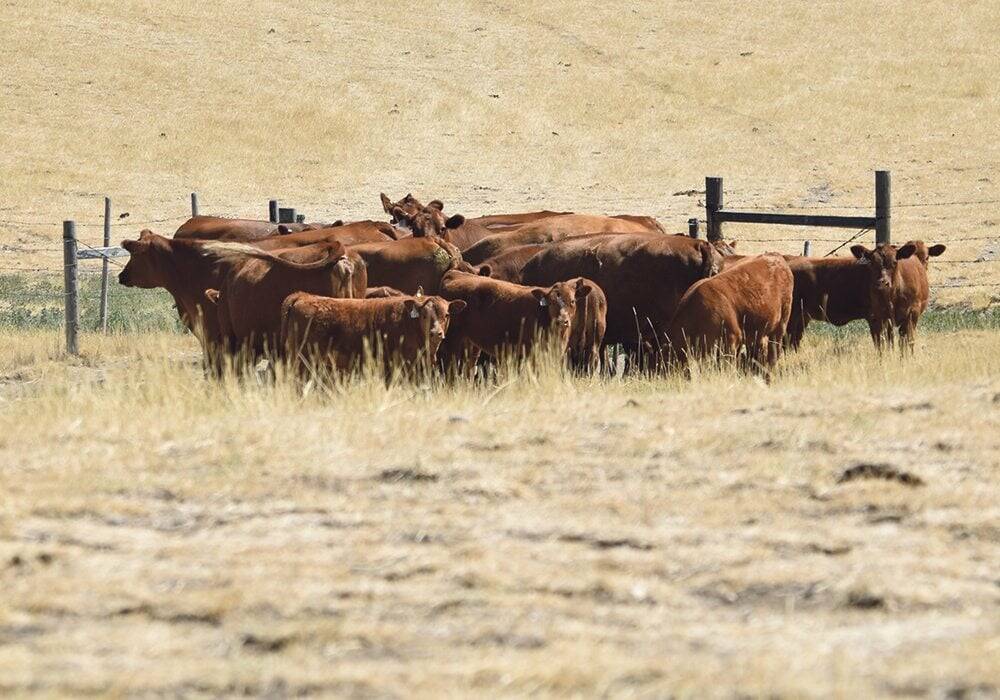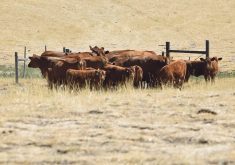“I wish them well, but they are up against one tough, unforgiving adversary that takes no prisoners and never admits to even the slightest mistake.”
A lot of cattle producers may not know it, but a coalition of law firms and cattlemen from across Canada are spending a lot of time and money trying to sue the Canadian government on your behalf.
What they are alleging is that Agriculture Canada and subsequently the Canadian Food Inspection Agency (CFIA) were incompetent and negligent in preventing the spread of BSE in Canada.
Read Also

Canadian cattle industry has wins to shout about
Canada’s cattle management has become more efficient, more humane and more knowledgeable, but industry terms may not resonate with the general public
The further hope is that government lawyers will see the futility of their defence against the allegations, throw in the towel and offer a multi-billion dollar settlement to cattle producers. At least that’s the theory.
I wish them well, but they are up against one tough, unforgiving adversary that takes no prisoners and never admits to even the slightest mistake – that foe being the CFIA. I allege this arrogant agency would even defy a Supreme Court decision, if one considers how they disdainfully ignore even the slightest notion of accountability to their government political masters and agriculture in general.
Notwithstanding the fearsome opponent they face, the lawsuit plaintiffs have a good case and that’s not just my biased view. The BSE lawsuit was launched through various provincial courts across the country and the judges that were involved agreed to hear the case and subsequently have them all amalgamated into a single class-action law suit. That was after federal government lawyers furiously contended that the lawsuit was without foundation and should be dismissed. So the case has passed some major legal hurdles, which is very positive.
In a nutshell, the claimants allege that the BSE disaster may well have been avoided had the Canadian government taken action earlier to prevent its spread by controlling the original British source of the infection. The lawsuit claims that the Canadian government knew about the original BSE source and what needed to be done to stop it, but failed to act on its own recommendations until it was too late. As expected, the claimants allege negligence by the government and will no doubt want billions in compensation for cattle producers.
Now that the case is going forward as a class-action lawsuit, government lawyers, bureaucrats and their political masters got out the heavy PR weapons and claimed that the lawsuit is driven by greedy law firms who invented the whole exercise for their own benefit.
Typically in these matters bureaucrats and politicians cannot even imagine that the government might actually have made a mistake – that’s just not possible.
They also presume that ordinary citizens are just too dumb to launch a class action lawsuit against the government. It’s always those dastardly lawyers stirring up gullible citizens about issues that they just don’t understand. Be that as it may, there are many legal issues (residential schools, hepatitis C, asbestos, etc) that would never have been resolved had not law firms organized the cases into class action lawsuits. Governments after all, never voluntarily admit to any mistake.
At this point as the lawsuit goes through the courts, some realties will hit both sides. The law firms know that it could take up to 10 years before there is a final decision, that’s a long time and a big financial investment, as this case is being done on a contingency basis.
Even if the government loses it could still derail and delay the process by using legislative and bureaucratic mischief.
For the government side, it has to decide if prolonging or losing the case has a political price. That usually means how many voters are involved and where, what is the mainstream urban media opinion on this issue if any, how determined and financed are the claimants to carry out the case, and how much will a settlement cost.
It would seem that the government has the upper hand at this stage. It involves very few voters mostly in rural areas where the Conservatives already have a lock on voters, except in rural Quebec.
The urban media has no interest in this obscure case and it will cost billions to settle, not something city taxpayers want to hear. Besides, if push comes to shove, government can allege that it was only acting to protect the food supply. That could be a deadly perception blow with consumers, which whether true or not, will affect voter opinion, which is all that matters to governments.
The plaintiffs are urging more cattle producers to join the lawsuit (that’s easy to do and doesn’t cost anything) and I would urge all producers to do so. It would also help if bison, goat and sheep producers would join as well. They were also sideswiped by the BSE crisis and became innocent victims with no help from the CFIA, who by their inaction allowed the USDA to unjustifiably and illegally shut the border against those species.
The reality is that as deserving as this lawsuit is, its resolution favouring cattle producers will only come by way of a political decision by government. Therefore the claimants are encouraging producers to pester their local MPs and MLAs as to the merits of this lawsuit and demand that the government offer producers a settlement.
Yes I believe the lawsuit can be won in court, but unless a political settlement can be attained, I fear a court settlement will go mostly to the estates of the courageous cattle producers that launched this case.














